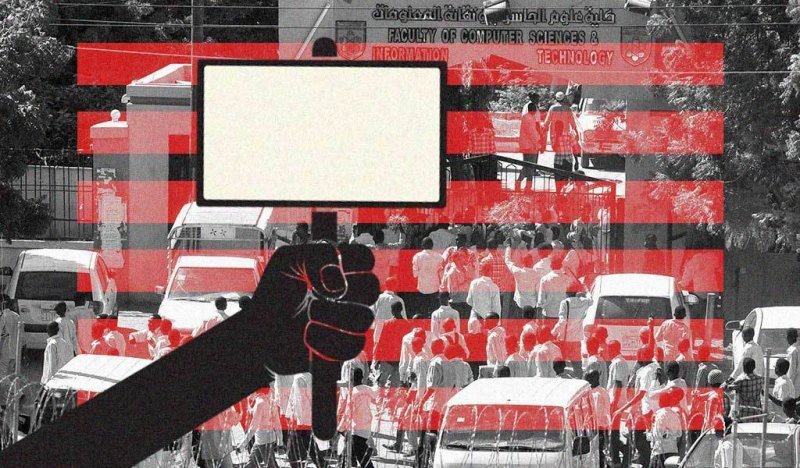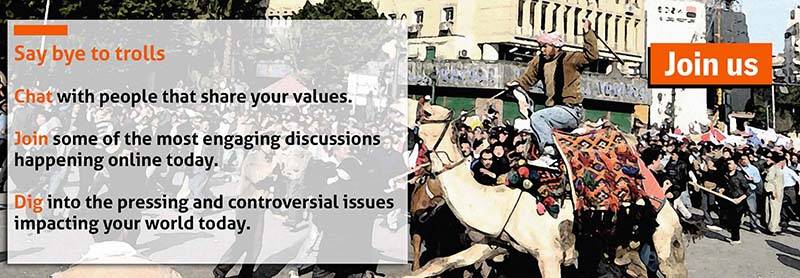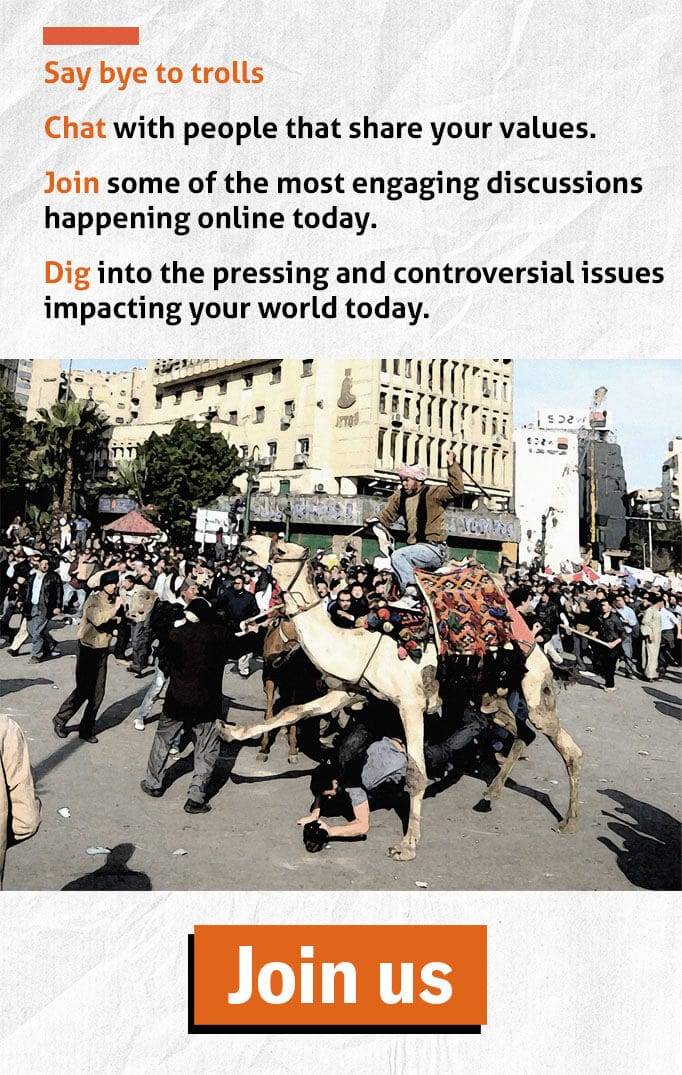Marching to atone for the sin of silence
The march for the victims of wars and violations coincided with Valentine's Day, and was perhaps Central Sudan’s sort of atonement for years of ignoring the wars of the west and south. These victims are refugees and displaced people, how can they love this country? Just think how the silence makes us complicit, makes me a little ashamed of my nationality. One incident after the other, the burden of collective shame grows heavier on my shoulder. Even while the regime is fighting a popular uprising in the cities of Khartoum, Madani and Port Sudan, it chooses a city in the west far from the protests to rape five women. How can you be asked to love a country that is silent while you are being endlessly persecuted? I was astonished by the young people from Darfur who finally managed to document a leader of the ruling party threatening to kill protesters and went to the Hague and reopened the international criminal case against the regime. I thought they [the Darfuris] did not care about Sudan. their tragedy ended and they survived without the help of their compatriots, and perhaps no longer have family or friends at home, so is this love for the homeland a fantasy or hope?The Valentine's Day march
The banners held aloft during the 14th of February march said: “Our love for you did not come from nowhere and we did not sing for you out of stupidity.” This is part of the poem by the national poet Hamid and was sung by Mustafa Sayed Ahmed. Both practiced their activism through art and left behind a legacy of generations of lovers of Sudan. Alongside the words, there were hearts painted in red. And thus we were prepared for the march of national renewal. I was baffled by this outpouring of love. It’s something in the mind, a melding of memories and the desire to belong, we all need a country and we all need to love blindly in order to be at peace.Lovers of the revolution
There was a story circulating on social media that was dubbed: “The Beauty and the Revolutionary.” As the story is told, they were engaged before the start of the current events, but in one of the demonstrations he was seriously injured in one eye and she decided to move the date of their marriage forward in order to be with him as he underwent a treatment that nobody knew the outcome of. Their marriage was held in the hospital in the presence of many revolutionaries whom they did not know but who came out of camaraderie. The picture had a revival weeks later and spread on social media, linking Valentine's Day with the revolution and the homeland.Aren’t we supposed to like our homelands?
What is required of the citizen here is to love his country unconditionally, as instinctually as mothers. This helps the rulers to facilitate the process of control and to push you to accept living conditions that you do not like. This is your luck and these are the limits of development of the state. It is demanded of you with the same urgency by society that you should love your country in order to become a noble person. When can an Arab citizen - (since I think is a Middle Eastern problem) feel that he likes his country and so consequently can love it? The first to rebel against the rule of the ruler and society and curse the land that they were born in are writers and thinkers, followed by young people. I remember how I liked the writings of Alaa Aswani before the Egyptian revolution, how he criticized the Egyptian character so boldly. Egyptians rejected his portrayal of them, and his films that exposed their slums without beautifying them. The revolution must be a collective rebellion against a nation that needs healing and reform. But we can’t look at it with idealists’ eyes claiming that we are angels and our problem is limited to the system. That will not give us a successful and strong state that will respect its citizens. We will be trapped in an orbit of naive and harmful love for a homeland that still hurts us.Love is coming .. True love for a more beautiful country
My wish last Valentine's Day was to love my country with open eyes. I want a homeland that does not differentiate between the center, the west and the south, a land of tolerance that truly welcomes foreigners, a country with transparency, freedoms. I especially hope that we become decent, civilized human beings who overcome the problems of the past and learn from them. I am worried that we will go back to mistakes. Love is based on giving and waiting to be given in return. I count that as healthy, as opposed to endless sacrifices. We have both rights and duties as citizens. I imagine that the day will come when I see a land that my children love easily and honestly, without being forced to love it with its flaws. I hope that the struggle of the Sudanese people will succeed and that Sudan will become more worthy of love.Raseef22 is a not for profit entity. Our focus is on quality journalism. Every contribution to the NasRaseef membership goes directly towards journalism production. We stand independent, not accepting corporate sponsorships, sponsored content or political funding.
Support our mission to keep Raseef22 available to all readers by clicking here!





Join the Conversation
جيسيكا ملو فالنتاين -
1 day agoجميل جدا أن تقدر كل المشاعر لأنها جميعا مهمة. شكرا على هذا المقال المشبع بالعواطف. احببت جدا خط...
Tayma Shrit -
2 days agoمدينتي التي فارقتها منذ أكثر من 10 سنين، مختلفة وغريبة جداً عمّا كانت سابقاً، للأسف.
Anonymous user -
2 days agoفوزي رياض الشاذلي: هل هناك موقع إلكتروني أو صحيفة أو مجلة في الدول العربية لا تتطرق فيها يوميا...
Anonymous user -
2 days agoاهم نتيجة للرد الايراني الذي أعلنه قبل ساعات قبل حدوثه ، والذي كان لاينوي فيه احداث أضرار...
Samah Al Jundi-Pfaff -
4 days agoأرسل لك بعضا من الألفة من مدينة ألمانية صغيرة... تابعي الكتابة ونشر الألفة
Samah Al Jundi-Pfaff -
4 days agoاللاذقية وأسرارها وقصصها .... هل من مزيد؟ بالانتظار